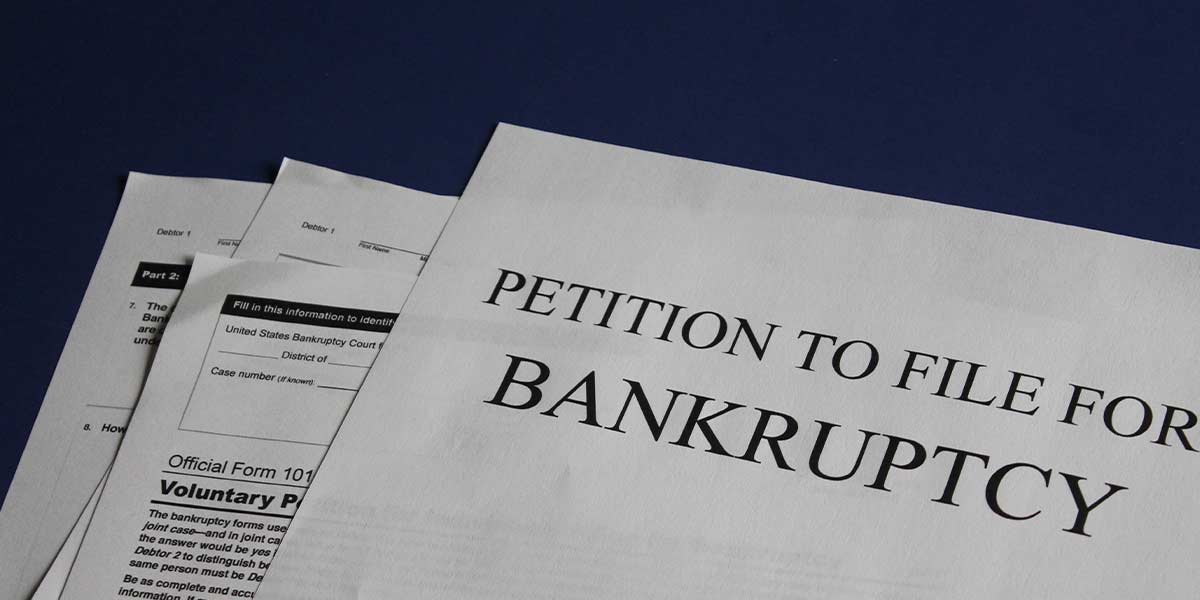A legal professional specializing in bankruptcy offers legal counseling and representation to individuals or businesses experiencing financial distress and contemplating filing for bankruptcy. These attorneys possess an in-depth understanding of bankruptcy laws and are equipped to navigate clients through the intricate legal processes associated with bankruptcy filings.
Roles and Responsibilities of a Bankruptcy Attorney
Legal Consultation and Advice
Bankruptcy attorneys evaluate the financial circumstances of their clients, assess their debts and assets, and determine the most suitable bankruptcy chapter for them, such as Chapter 7 or Chapter 13. They provide personalized legal counsel tailored to each client’s specific situation and help them comprehend the potential implications of pursuing bankruptcy.
Document Preparation and Organization
Assisting clients in compiling and organizing the necessary documentation essential for bankruptcy filings is another crucial responsibility of bankruptcy attorneys. They aid in gathering financial records, completing bankruptcy forms, and ensuring adherence to all legal requirements.
Court Representation
Bankruptcy attorneys represent their clients in bankruptcy court proceedings, attending hearings, negotiating with creditors, and advocating for their clients’ best interests throughout the bankruptcy process. They are also responsible for addressing any disputes or objections that may arise during the proceedings.
Debt Relief Strategies
Exploring alternative debt relief options, such as debt negotiation or debt settlement, is part of a bankruptcy attorney’s role in determining the most appropriate solution for their clients. They provide guidance on the potential advantages and disadvantages of each option to help clients make well-informed decisions.
Protection of Rights
Bankruptcy attorneys safeguard their clients’ rights throughout the bankruptcy process, ensuring they are treated fairly and that their assets are protected to the fullest extent possible under bankruptcy laws.
In Conclusion
Seeking the guidance of a qualified bankruptcy attorney is crucial for individuals or businesses considering bankruptcy filing. This ensures a thorough understanding of the available options and personalized legal advice based on their specific financial situation.
If you are considering filing for bankruptcy, it is important to consult with an experienced bankruptcy attorney who can guide you through the process, explain the available options, and provide personalized legal advice based on your specific financial situation.




